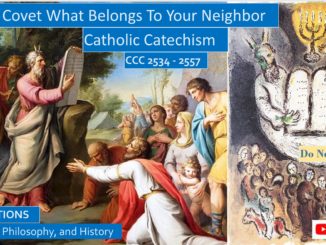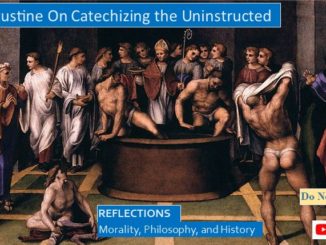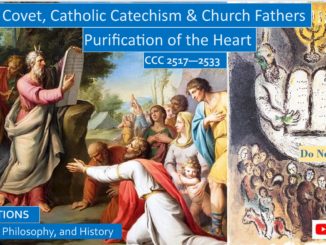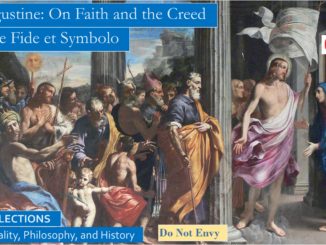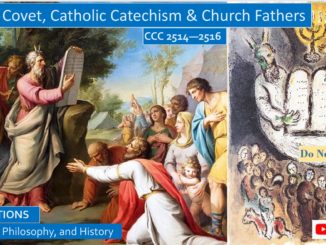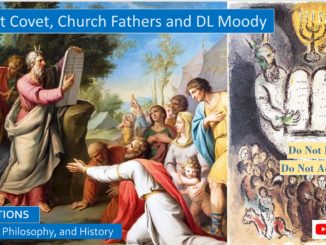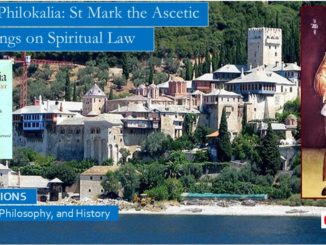
St Gregory of Nyssa, Beatitudes, Blog 2, Blessed are the Poor in Spirit
St Gregory of Nyssa’s collection of sermons on the Beatitudes is quoted twice in the Catholic Catechism’s discussion on the commandment, DO NOT ENVY. At first blush that seems odd, the Beatitudes do not directly mention envy, but when you think of the Beatitudes as positive commands, as encouragements to Love God and our neighbor more deeply, promising blessings to those whose hearts are humble, we realize that the connection between the Beatitudes is quite natural and not odd at all, for the commandment DO NOT envy is also a positive command to see our neighbor in the best light possible, to see our neighbor’s good fortune as our good fortune, to truly love our neighbor as ourselves. […]


